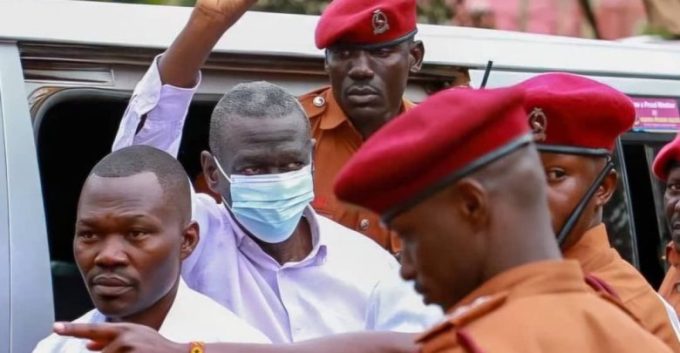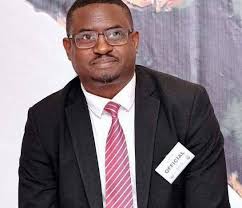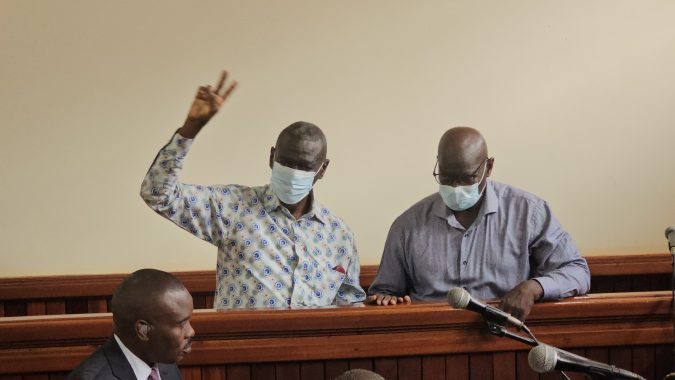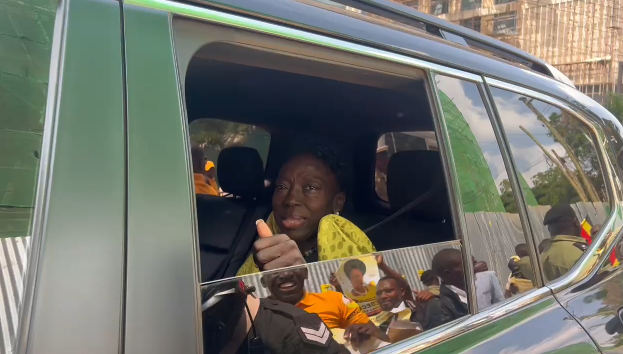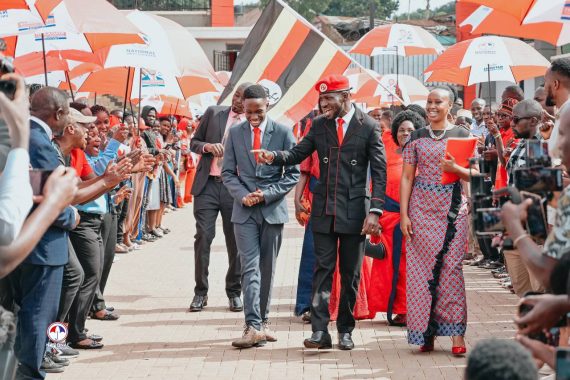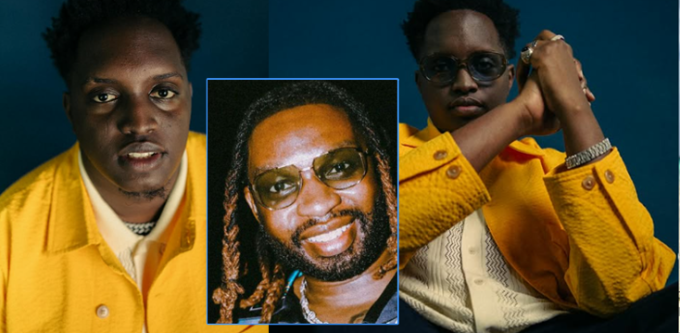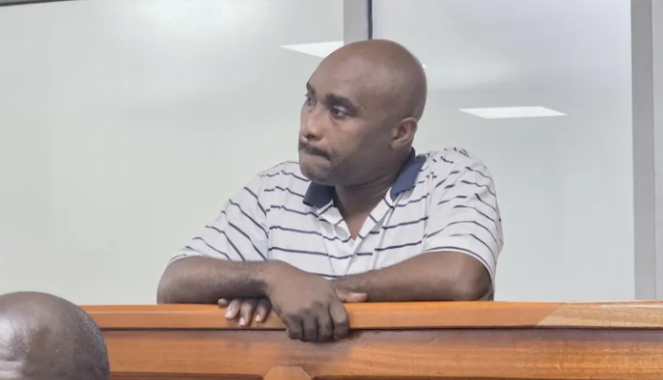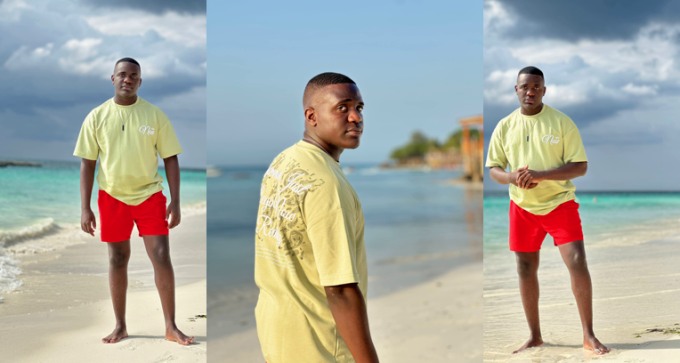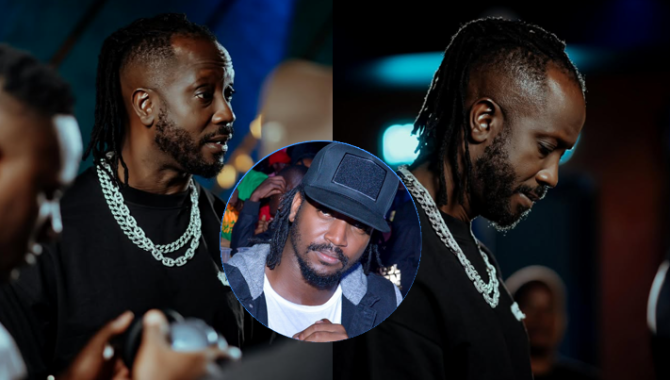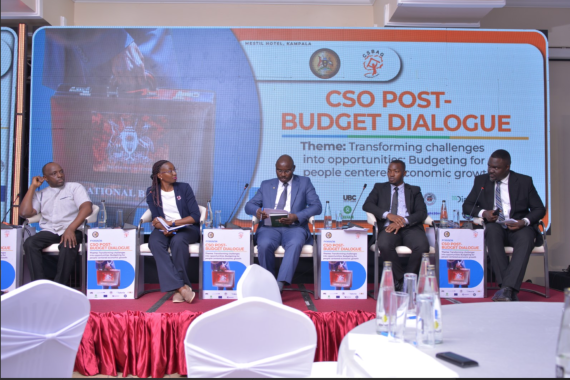Kenya is mourning the demise of former President Daniel Arap Moi who passed on On 4 February 2020, at the Nairobi Hospital at the age of 95.
President Uhuru Kenyatta, announced the death and declared a period of national mourning and said Moi would receive a state funeral. His statement did not specify a cause of death.
Moi was the country’s second president succeeding Jomo Kenyatta in 1978 after his death.
He served as Kenyan president between 1978 and 2002. Before being elected President, Moi was the third vice president of Kenya from 1967 to 1978.
He also served as a home affairs minister from 1964 and 1967.
Through popular demand and external pressures, he was forced to allow multiparty elections in 1991, he led his party, Kenya African National Union, KANU, to victory in the 1992 and 1997 elections.
He was seen by his critics as an authoritarian ruler who held on to power for 24 years, but his allies credited him for maintaining stability in the East African state.
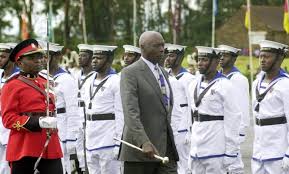
In the beginning, Moi was popular, with widespread support all over the country. He toured the country and came into contact with the people everywhere.
However, political realities fell in and changed the course of things Moi became too weak to consolidate his power.
Moi stepped down in 2002 after being constitutionally barred from running for a further term.
Moi was popularly known to Kenyans as Nyayo a Swahili word for, “footsteps”, as he often said he was following in the footsteps of the first President, Kenyatta.
He was also known as “Professor of Politics” following his long rule of 24 years, the longest in Kenyan history.
During Moi’s term as president, Kenya achieved a number of successes, including becoming a multiparty democracy, opening the Jomo Kenyatta International Airport.
Kenya’s economy also remained above that of other East African countries despite the country remaining a poor country until the presidency of Mwai Kibaki.
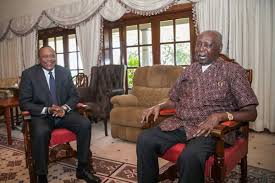
In 1999 the findings of NGOAmnesty International and a special investigation by the United Nations were published indicating Human Rights Abuses were prevalent in Kenya under the Moi regime.
In October 2006, Moi was found by the International Centre for Settlement of Investment Disputes to have taken a bribe from a Pakistani businessman, to award a monopoly of duty-free shops at the country’s international airports in Mombasa and Nairobi.
The businessman, Ali Nasir, claimed to have paid Moi US$2 million in cash to obtain government approval for the World Duty Free Limited investment in Kenya.
In-office, he was feared and admired in equal measure and was accused of human rights abuses.
At the age of 95, he was the oldest living former Kenyan president at the time of his death.





